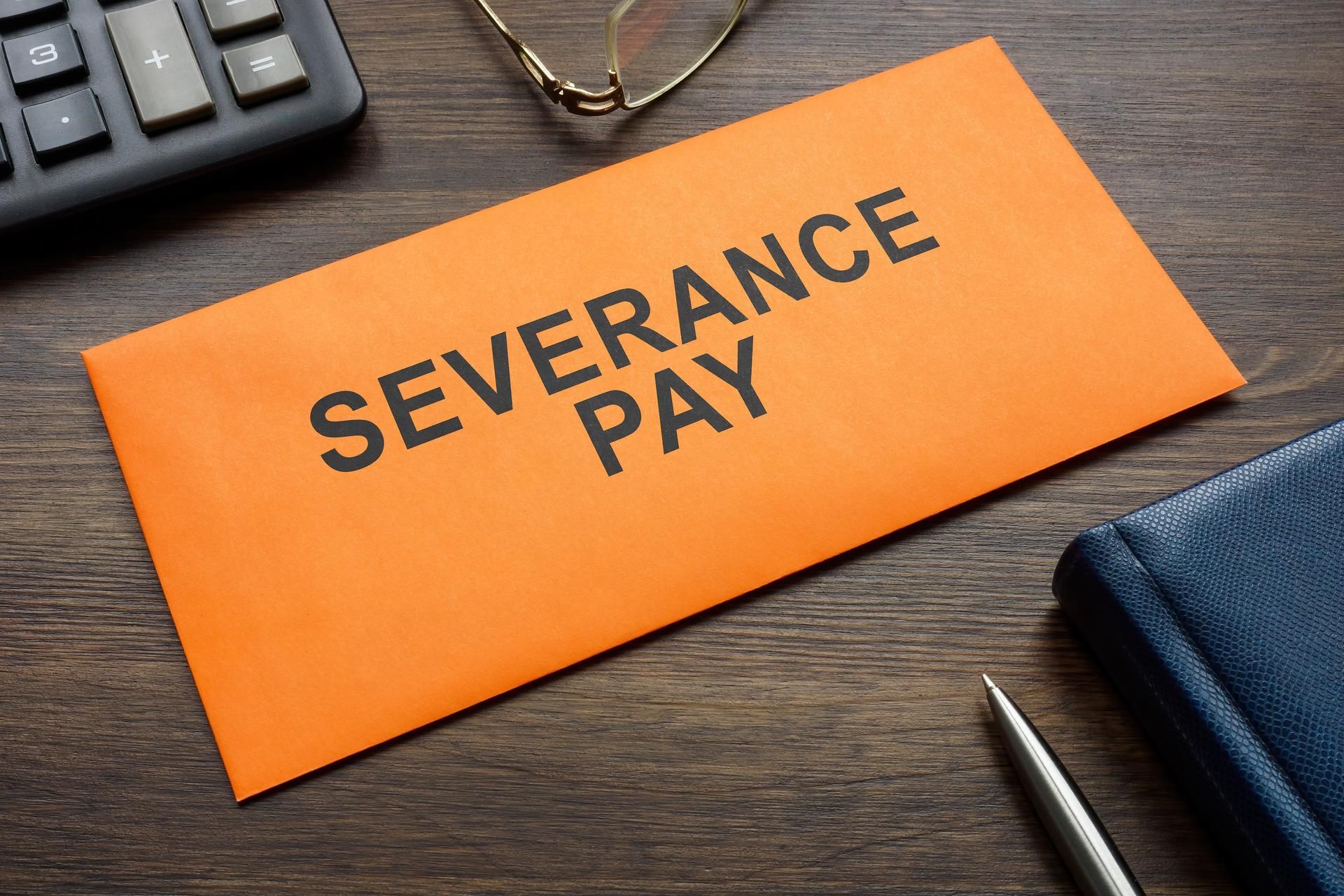Severance Packages — Should You Negotiate for Money or Benefits?
Severance package negotiation can be challenging for many American workers. Not only are many people unfamiliar with how severance packages work, but each agreement is unique to the circumstances.
One common decision that each person must make during each individual negotiation is whether to ask for more money or for more benefits. How can you make the right call for yourself? Discover five important things to know.
1. Money and Most Benefits Are Taxable
First and foremost, keep in mind that cash and many benefits you can receive in any package will be taxable. This includes any severance pay, accrued bonuses, vacation or sick leave pay, and benefits like health insurance or use of company perks. The higher these end up, the more impact they will have on your taxes.
Some employees mitigate tax effects by spreading payments out over multiple weeks, months, or years. Another option is to negotiate for more than you need so you can cover the taxes associated with the benefit. Either way, take the time to understand tax effects before you make a negotiation plan.
2. Not All Benefits Are Taxable
You can get some benefits in a severance agreement that will not result in a tax bill. While these do not usually include monetary payments, they can be valuable.
For instance, a longtime employee who worries about finding a new job may request job placement assistance, resume writing, or a retraining program. You may also negotiate for a larger contribution to nontaxable accounts like your Health Savings Account. And if you do not need the money right away, stock options could boost your severance pay but delay tax issues until you actually need the money.
3. Benefits May End Up Unused
If you decide to negotiate for more benefits, these may or may not be fully utilized. Many agreements, for instance, specify that the company will pay health insurance for up to 6 or 12 months. However, if you get a job in 4 months, will those payments stop? If so, you have lost out on up to 8 months' worth of health benefits. In that case, might cash in hand have been more valuable?
4. Nontangible Benefits Are Free
When most workers think about benefits, they think in terms of things like health insurance or unused vacation days. However, you might want to ensure that you receive a few important nontangible benefits. What are nontangible benefits?
The most common — and often the most important — is a good reference for future employers. What will your former employer say about you? If you worry about getting a good reference, it may behoove you to negotiate for a guarantee in your severance agreement. Similarly, an employee with a reputation in the industry or community to protect might ask for assurances that the company will not disparage them.
Nontangible agreements like this cost the employer nothing, so they can be much easier for anyone to negotiate for. But do not let that simplicity fool you — nontangible things might help you even more than getting cash up front.
5. Professional Guidance Can Help
Obviously, there is no one-size-fits-all answer to the question of how to balance money and benefits in your severance agreement. This is why you need reliable guidance. An employment attorney has experience with all types of severance agreements and can often review your offer and guide you in counteroffers. They will also help you avoid common pitfalls and ensure the agreement benefits you.
The team at Allen D. Arnold Attorney at Law can help Alabama employees. We offer severance package services, including independent reviews and assistance with negotiation. Call today to make an appointment.
Alabama Rules of Professional Conduct Notice: No Representation is made that the quality of legal services offered is greater than that of other lawyers. The information contained on this website is not a substitute for legal advice, and reading it does not create an attorney-client relationship.
Alabama Rules of Professional Conduct Notice: No Representation is made that the quality of legal services offered is greater than that of other lawyers. The information contained on this website is not a substitute for legal advice, and reading it does not create an attorney-client relationship.









